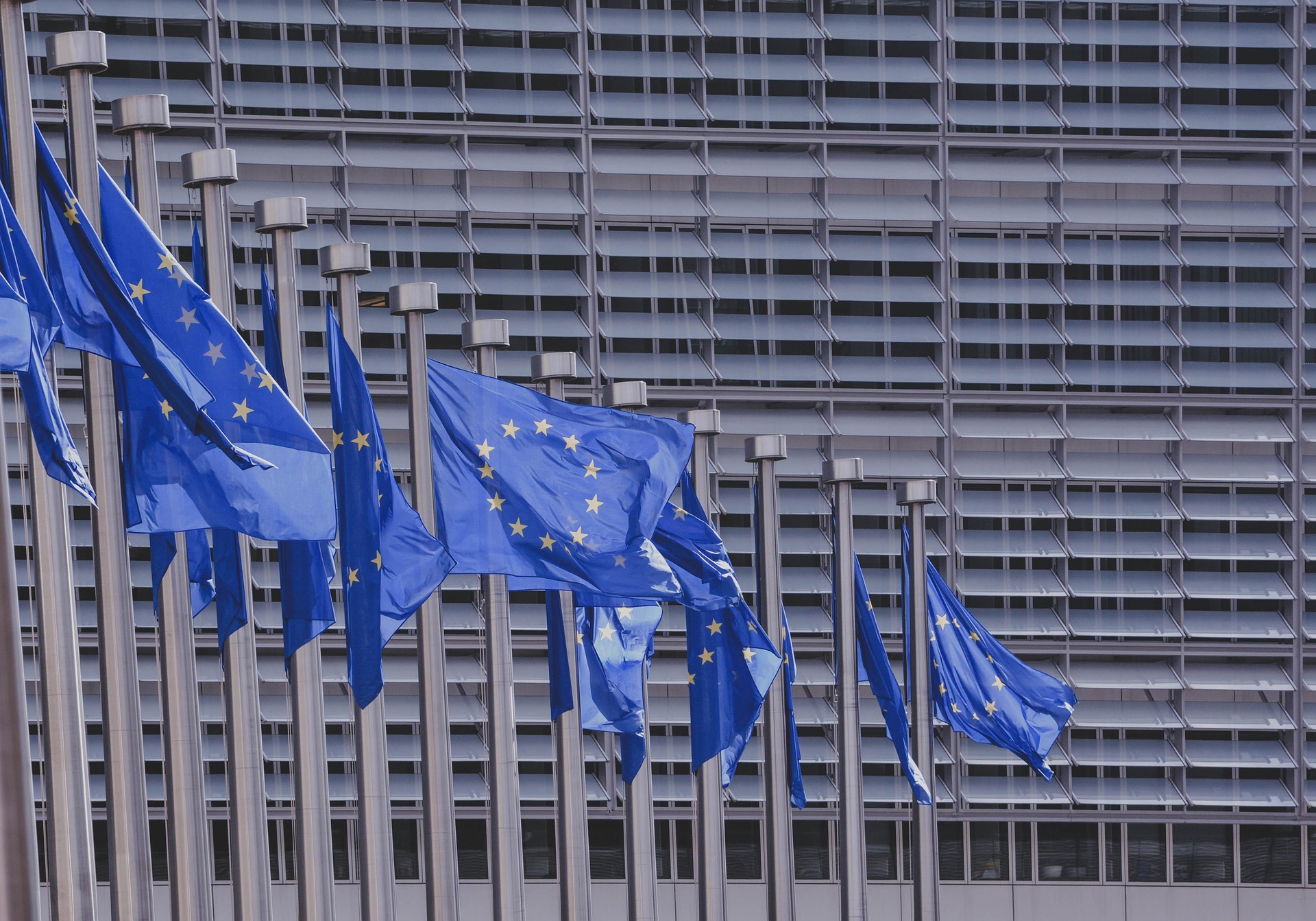Unfolding the Recent Amendments in Intellectual Property Laws
Intellectual property laws are an integral part of contemporary society, safeguarding the rights of individuals and businesses to their creative and innovative endeavors. Recently, significant amendments have been made to these laws, marking a new era of legal protections and advancements in the creative industry. This article will delve into the background of intellectual property laws, discuss the recent amendments, and explain their implications on society.
The concept of intellectual property rights has existed since the advent of civilization, with the earliest known reference in ancient Greece. However, it wasn’t until the 18th century that the first formal laws were established. These laws have continuously evolved to meet the demands of technological advancements and changing societal values. The recent amendments to these laws are a testament to this ongoing evolution.
The Recent Amendments
Recent legislative changes in intellectual property laws have been primarily aimed at modernizing the legal framework to better address the contemporary needs of the digital era. For instance, the Music Modernization Act in the US has transformed the way royalties are paid to songwriters and producers, ensuring fair compensation in the age of streaming services. Similarly, the EU’s Directive on Copyright in the Digital Single Market has updated copyright laws to better protect content creators in the digital landscape.
Impact on Creatives and Businesses
These amendments have significant implications for both creatives and businesses. For the creative industry, these changes ensure better protection of intellectual property rights and fair remuneration for their work. Simultaneously, these changes also impose certain responsibilities on businesses, particularly those operating in the digital space, to ensure they comply with these new laws and respect the IP rights of content creators.
Societal Implications
On a societal level, these amendments could potentially foster a more supportive environment for creativity and innovation. By ensuring fair compensation and protection of rights, these laws incentivize creators to continue developing new content. Moreover, these changes also educate the public about the importance of respecting intellectual property rights, fostering a culture that values and respects creativity.
Backed by Research
The amendments to intellectual property laws are backed by extensive research and consultation with stakeholders. Evidence suggests that the previous laws were inadequate in protecting the rights of content creators in the digital era, leading to unfair practices and financial losses. The new amendments are designed to address these shortcomings and ensure a more equitable distribution of benefits.
In conclusion, the recent amendments to intellectual property laws mark a significant step forward in the evolution of legal protections for creatives and businesses. While these changes are primarily aimed at adapting to the digital era, they also have wider societal implications, fostering an environment that respects and supports creativity and innovation. As with any legal changes, ongoing monitoring and review will be essential to ensure these laws continue to serve their intended purpose effectively.







